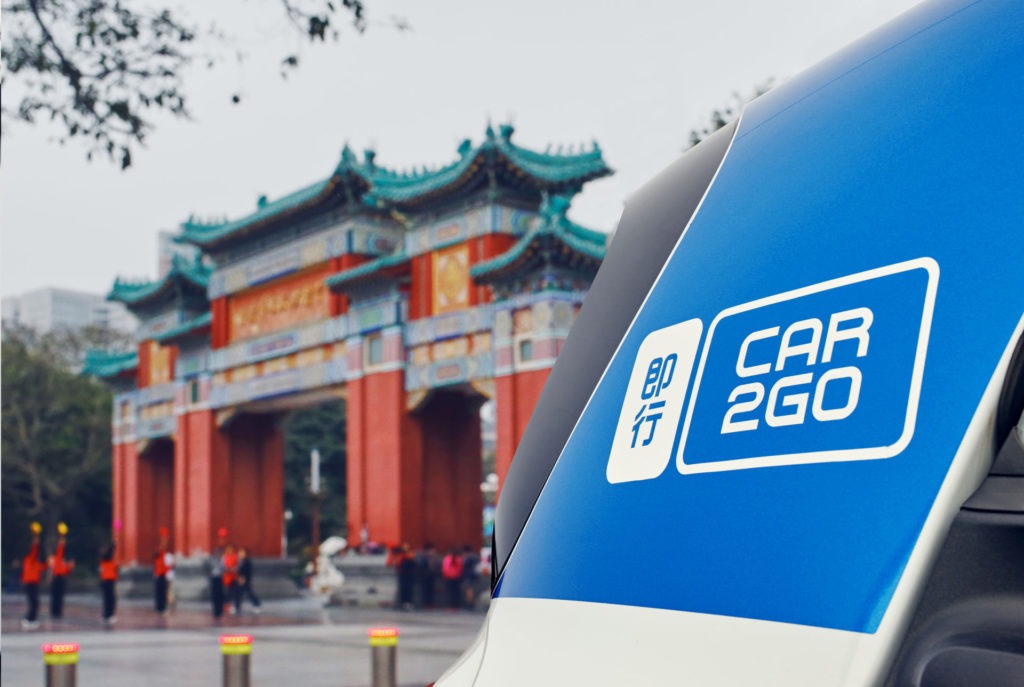Market upheaval incoming as third now prepared to forgo car ownership in favour of services
16 May 2017

16 May 2017
One in three people now consider mobility services, such as ride hailing and sharing, as an alternative to owning a car, in a strong sign of the need for OEMs to prepare for a major shift in their core business models over the coming years. OEMs must be especially vigilant, since in the major auto growth markets of developing countries China, India and Brazil, around 40% of people are now ′very likely’ to consider using mobility services.
Capgemini analyst Nick Gill told the Financial Times: ′In the last year it has really taken off″¦ There is now a huge interest in this.’
The global annual Capgemini survey of 8,000 people across eight countries, including four of the Euro-5 (Germany, UK, France and Italy) as well as the US and developing economies China, India and Brazil reveals that now a majority of people are now willing to consider using on-demand services. The figure has risen rapidly from 34% to 50% in just two years. In addition, 34% of people, up from 29% a year earlier, now consider ride-sharing and ride-hailing apps as a viable alternative to car ownership.
Carmakers are dealing with an expectation of continual falling vehicle ownership in large cities going forwards, with improving public transport, city government initiatives, parking costs and congestion making ownership increasingly less desirable compared to those living in more rural areas. This picture is only expected to surge forwards, with two-thirds of people globally forecast to be living in cities by 2050.
Gill warns the industry that the shift away from car ownership is ′closer than we think.’ He said: ′[Within five years, there may be] strong legislation or pushes, fiscal incentives to not drive cars, and the inner city areas reserved just for mobility services.’
In addition, many city politicians want to pedestrianise large parts of their city centres, such as Oxford Street in London.
The market moves towards services has prompted carmakers to either invest in leading providers such as Uber or General Motors’ investment in Lyft, or to develop their own competing services such as those of BMW (DriveNow), Daimler (Car2Go) and Ford (Chariot).
The increasing variety of available mobility services is also boosting their popularity, with them varying from taxi-like ride-hailing services and bus-like minibus services, to car-sharing services for people who want a service closer to owning a car, or who wish to drive the car themselves.
For example, Uber has its ride-sharing service Pool and Gett has its GettTogether service, while Ford and Volkswagen are also launching inner city minibus services.
However, notably the UK – responsible for 30% of auto profits in Europe – was markedly less enthusiastic about the switch to mobility services, while those of developing countries were much more strongly in favour.
No less than 80% of respondents in China said they were ′likely’ or ′very likely’ to use ′mobility on demand’ services – compared to 39% in the US, 29% in Germany and only 18% in the UK.
Gill warned that the Chinese numbers were ′very scary’ for carmakers. China is now the biggest market for Volkswagen Group, for example, currently offsetting less rosy results elsewhere.
The Chinese rival to Uber, Didi, dominates the Chinese ride hailing market with a 95% share, making it very difficult for other players to enter the market. It currently makes an enormous 20 million rides every day – a staggering seven billion rides a year. Each ride can of course contain multiple people. If the market moves increasingly towards Didi as expected, this risks squeezing out auto players such as Volkswagen in the market.
The results of the survey suggest a large swing to favouring apps across all key age brackets, not only in younger generations, and in both mature and emerging markets – with in both of the latter market types a third of consumers considering app services as an alternative to car ownership. In the age bracket 18-34, the survey results show 36% would consider using apps as an alternative to a car, but this figure holds up at 32% for the 35-49 year olds, and even slightly higher at 34% for the over-50s.
Photograph courtesy of Car2Go